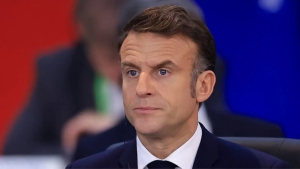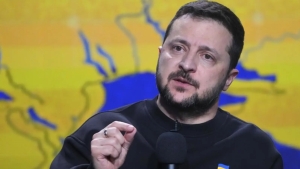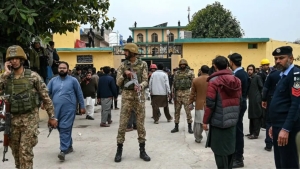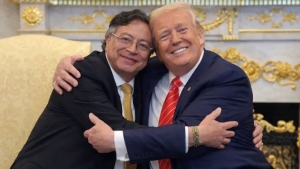Military Naval Day in St. Petersburg took place under drone attacks
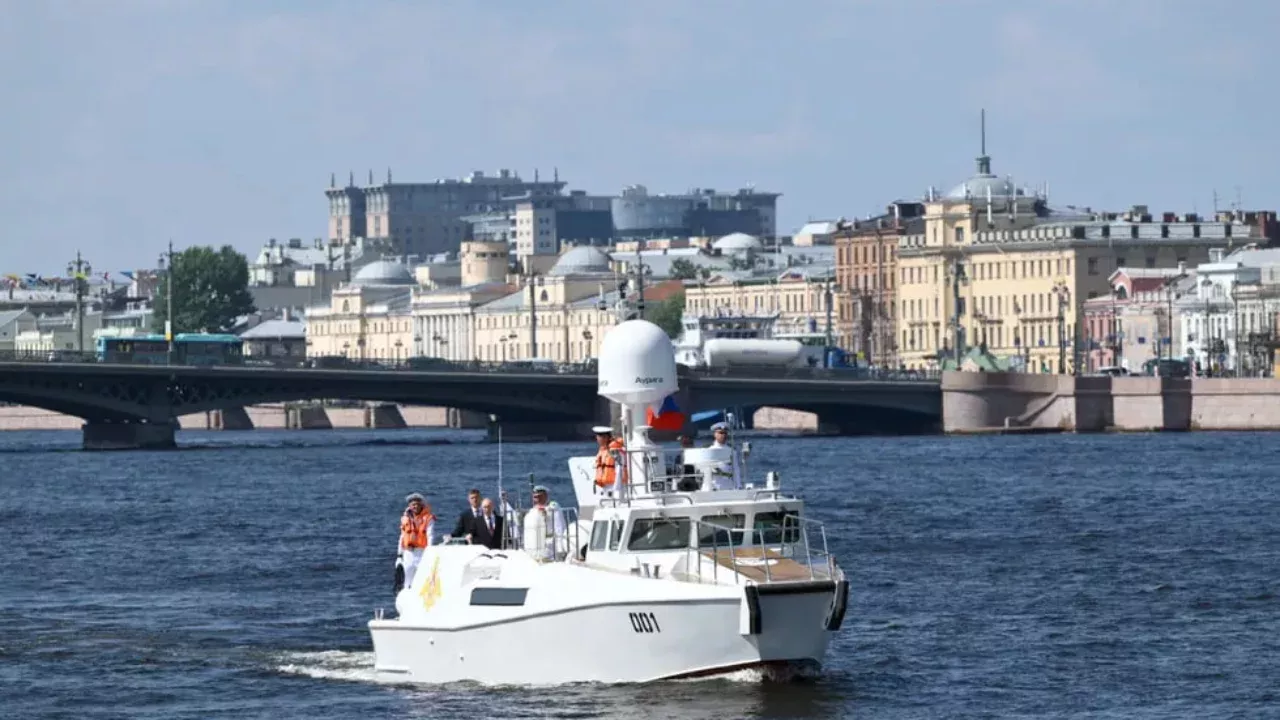
On July 27, the traditional Navy Day was celebrated in Russia. This was reported by Zamin.uz.
On this date, President Vladimir Putin visited St. Petersburg. According to Kremlin sources, he personally monitored the large-scale naval exercises called "July Storm," which took place from July 23 to 27, at the Main Admiralty and assessed the results.
In normal years, this celebration would be widely celebrated alongside the Main Naval Parade in St. Petersburg. However, this time the situation changed dramatically, and the parade was officially canceled.
Initial reports spread through the "Fontanka" publication, and on July 25, the city transport committee officially confirmed this information. Kremlin spokesman Dmitry Peskov explained the decision in terms of security issues and the overall situation.
On that day, the threat level increased in the Leningrad region. The regional governor, Alexander Drozdenko, announced that "more than ten drones" had been destroyed.
Drone fragments fell in Gatchina, Kingisepp, Lomonosov districts, as well as in the industrial zones of Voyskovisk and Primorsk. As a result of this attack, a woman was injured in Lomonosov.
The governor warned that there might be restrictions on mobile internet due to the situation. Since spring, mobile communication has frequently been disrupted in Russian regions due to the threat of Ukrainian drones, and security measures have been intensified.
At Pulkovo Airport, five-hour restrictions were imposed due to drone attacks. As a result, more than 50 flights were delayed, and 22 flights were redirected to backup airfields.
By 12:00, the drone threat was officially lifted. However, local publications noted that the Leningrad region faced an unprecedented number of air attacks this time.
Previously, only a record of four drones had been recorded. In summary, this year's Navy Day in St. Petersburg took place under extensive security measures and unprecedented drone attacks.
The parade was canceled, airport operations were restricted, and some citizens were harmed. In such circumstances, the country's leadership and regional leaders are forced to prioritize security.
The question remains open whether similar threats will be repeated at future celebrations and major events.


